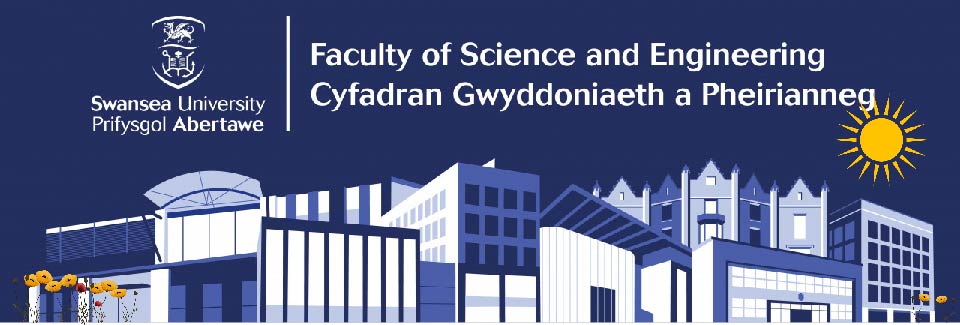 |
 |
|
 |
 |
 |
Swansea-led bid awarded a large allocation on leading national supercomputing facility
The proposal “Strongly interacting gauge theories beyond the Standard Model”, co-led by Dr Ed Bennett, Professor Biagio Lucini, and Professor Maurizio Piai, has been successful in the allocation of computing time at the STFC DiRAC High Performance Computing Facilities. Following this success in the highly competitive DiRAC16 call, the project will have
access to world-class supercomputing facilities managed by the DiRAC consortium, and hosted at Cambridge, Leicester, and Edinburgh, for approximately 40 million core-hours CPU and 1.75 million NVIDIA A100 GPU-hours (the overall approximate value of the award being estimated at 2.2M GBP), to be used over 12 months. Furthermore, two Research Software Engineers have been allocated by DiRAC to work on the project for a total of 12 person-months. This award supports the science programme of a Swansea-led international collaboration, involving researchers at the University of Edinburgh and at the University of Plymouth, as well as in Korea and Taiwan, in developing a programme of intensive numerical study of new strongly coupled theories aimed at addressing the STFC science challenges in frontier physics, pertaining the nature of the Higgs boson and of dark matter, the existence of new phases
of strongly interacting matter, and the role of gravitational waves in exploring phase transitions between such phases in the early universe.
|
 |
 |
|
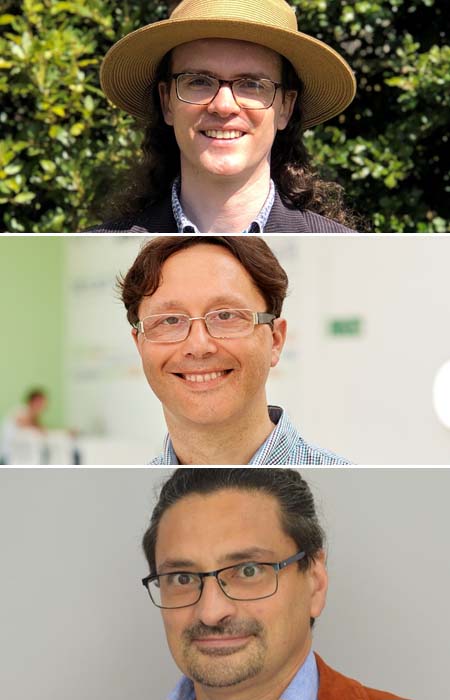 |
 |
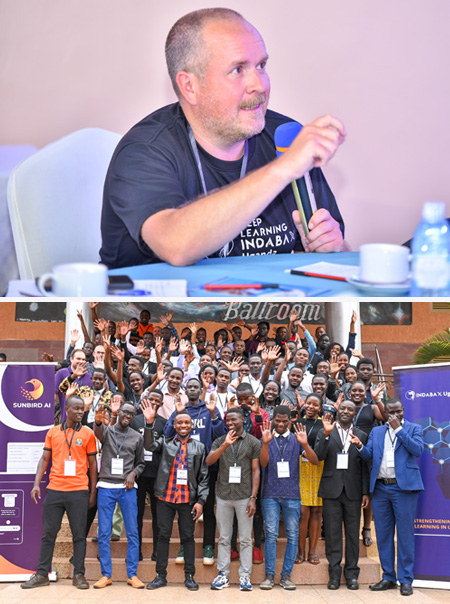 |
 |
 |
Academic attends Deep Learning IndabaX conference
Dr Andrew King, Department of Biosciences, was recently an invited speaker on the use of machine learning and artificial intelligence in ecology, at the “Deep Learning IndabaX” conference entitled “Ethical AI Horizons: Navigating the Impact and Future of AI Across Diverse Sectors” held 29 July - 2 August 2024, Silver Springs Hotel, Kampala.
Andrew’s attendance was sponsored by the Leeds Africa Hub, which promotes and enables
collaboration between the University of Leeds and researchers across the African continent working in any areas that utilise data science, machine learning or artificial intelligence.
|
 |
 |
|
 |
 |
 |
Physics Department hosts International Summer Workshops
The Particle Physics and Cosmology Theory Group organised three international workshops this summer, welcoming over 100 international visitors from as far as Japan and Brazil.
Dr Naeem Anwar (Royal Society International Newton Fellow) and Dr Timothy Burns, together with colleagues from Cambridge, Glasgow, and York, organised “Exotic Hadron Spectroscopy 2024”, bringing together the nuclear and particle physics communities to discuss the latest developments, both experimentally and theoretically, in exotic and conventional hadron spectroscopy. This fifth instalment in the series took place from the 2nd to the 4th of July, and was attended by 38 participants, with sponsorship from the Royal Society, the ECR Network of the Learned Society of Wales, UKRI-STFC, IPPP Durham, and Swansea University.
|
 |
 |
|
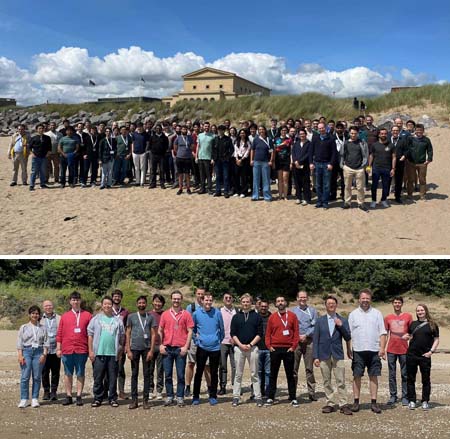 |
 |
 |
 |
Professor Dan Thompson, together with Professor Tim Hollowood and colleagues at ETH Zurich, Durham, and York, organised the fifth meeting in a series entitled “Integrability, Dualities and Deformations”. Taking place from the 15th to the 19th of July, the focus was on mathematical aspects in fundamental physics, exploring the rapid developments in understanding deformations of integrable theories. The meeting was sponsored by the Royal Society, the Isaac Newton Institute for Mathematical Sciences, UKRI-STFC and Swansea University, and brought together 82 researchers,
from Europe, Asia, and the Americas.
Finally, a meeting “Machine Learning meets Lattice Field Theory” was organised by Professor Gert Aarts, Dr Matteo Favoni, and Professor Biagio Lucini, from the 24th to the 26th of July, as a satellite meeting to the Annual Lattice Conference which took place in Liverpool in the following week.
With 20 participants, there was ample scope for informal presentations and discussions. This meeting was sponsored by UKRI-STFC and Swansea University.
|
 |
 |
|
 |
|
 |
 |
 |
New IPM 2024: Emerging Opportunities
This year’s New IPM: Emerging Opportunities symposium will be held from the 1st – 3rd of September at the university’s Bay Campus. Attracting over 200 delegates, the symposium aims to bring together individuals from academia, industry and local government, to expand and encourage innovation in Integrated Pest Management.
This year’s symposium explores emerging opportunities, highlighting advances and collaboration opportunities across sectors such as agriculture, horticulture, forestry, public health, and the environment.
There’s still time to
sign up! If you’d like to know more, take a look at their website and sign up through Eventbrite.
Interested in working with the NP BioHUB? Get in touch on biohub@swansea.ac.uk
|
 |
 |
|
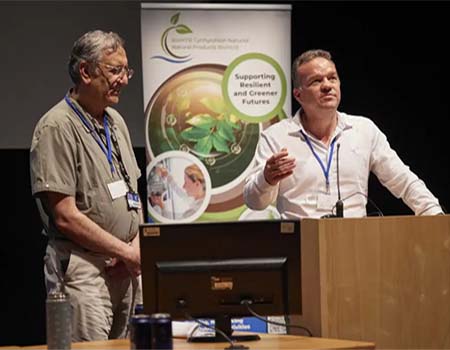 |
 |
|